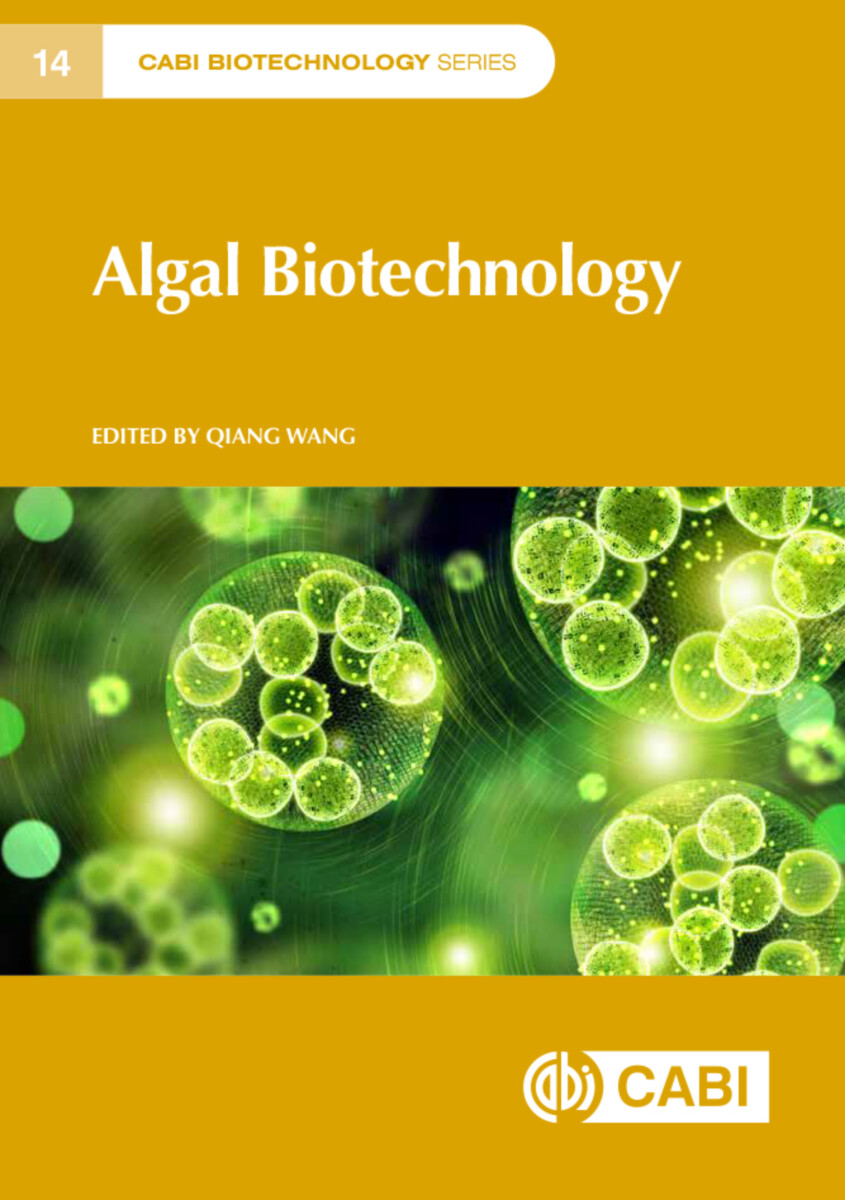Algal Biotechnology
- Publisher
CABI - Published
15th December 2023 - ISBN 9781800621930
- Language English
- Pages 272 pp.
- Size 6" x 9"
Algae are sunlight-driven cell factories, and can efficiently absorb CO2 and convert light energy to chemical energy such as lipid, starch and other carbohydrates, and release O2. Algal feedstock is a promising resource for bioproduct production, given its high photosynthetic efficiency for producing biomass compared to conventional crops. Microalgae can be used for flue-gas and wastewater bioremediation. This book highlights recent breakthroughs in the multidisciplinary areas of algal biotechnology and the chapters feature recent developments from cyanobacteria to eukaryotic algae, from theoretical biology to applied biology. It also includes the latest advancements in algal-based synthetic biology, including metabolic engineering, artificial biological system construction and green chemicals production. With contributions by leading authorities in algal biotechnology research, it is a valuable resource for graduate students and researchers in the field, and those involved in the study of photosynthesis and green-cell factories.
Qiang Wang
Qiang Wang is professor of the State Key Laboratory of Crop Stress Adaptation and Improvement, School of Life Sciences, Henan University. He obtained his PhD in the Institute of Botany, Chinese Academy of Sciences in June 2002, and was honored at the same time with the "Lady Davis Trust Fellowship" of the Hebrew University of Jerusalem (Israel), and worked later in the United States as a post-doctoral student and as a research associate at the University of Tennessee, the University of Arkansas at Little Rock, and Michigan State University. His PhotoSynBio group is currently focusing on photosynthesis and synthetic biology with the model system of Synechocystis PCC6803, microalgal biofuel and its application to environmental issues. During the past 10 years, they have had more than 50 corresponding research articles published in leading journals such as Cell, Nat Commun, Bio Rev and EST, etc., with 12 granted patents, and have been nominated twice for ENI awards. Currently Wang is serving as an Associate Editor for Frontiers in Microbiology, Frontiers in Energy Research and Editorial Board Member for Scientific Reports.


